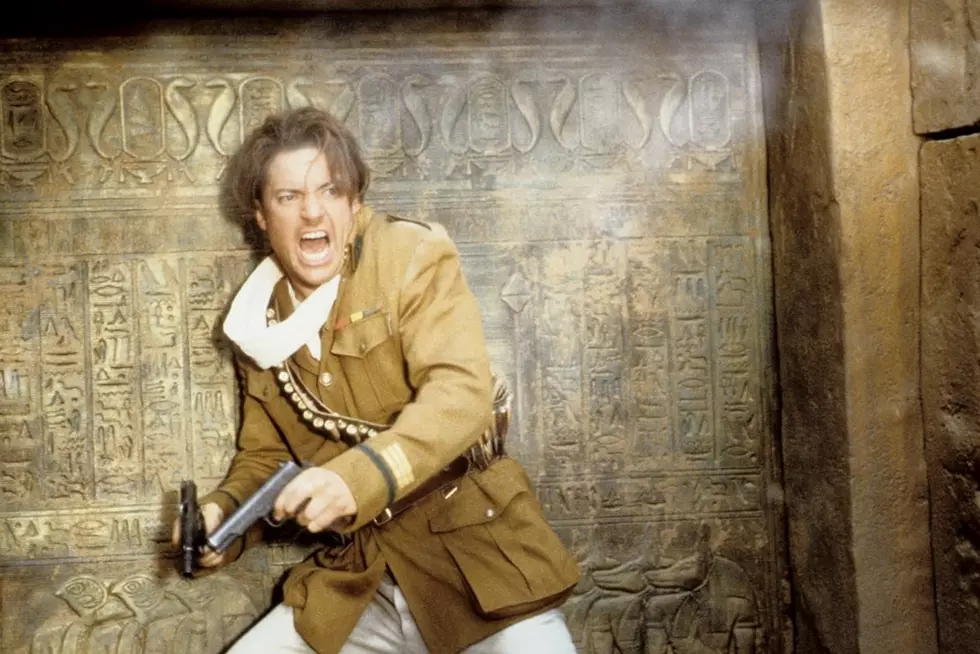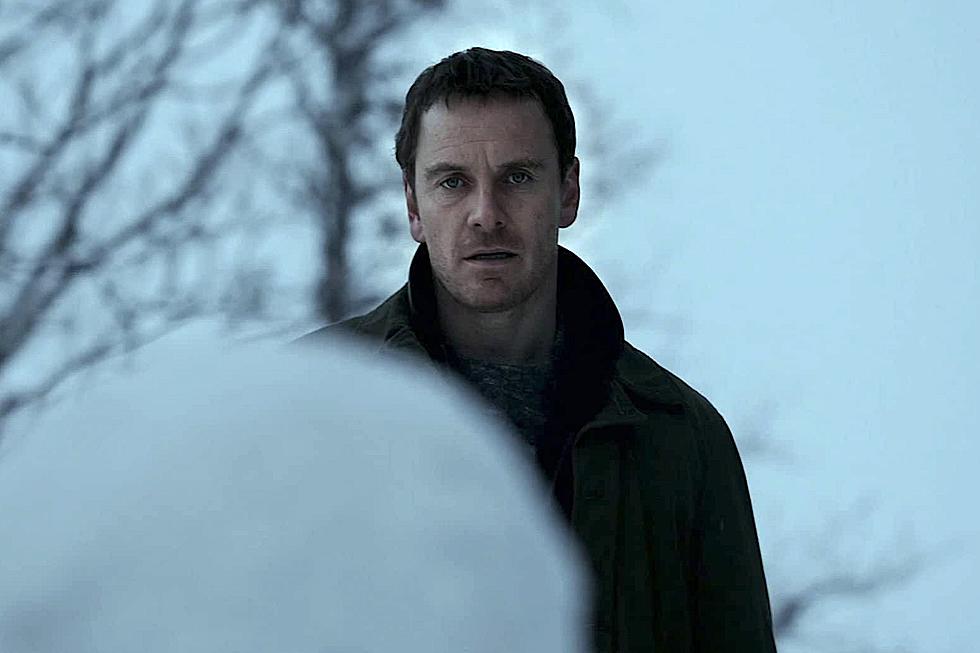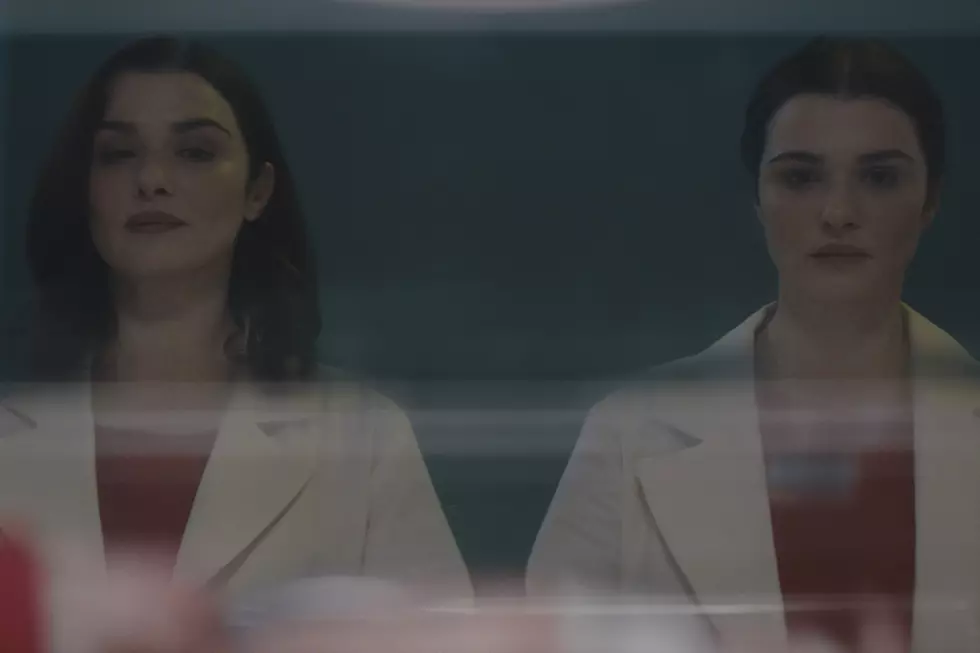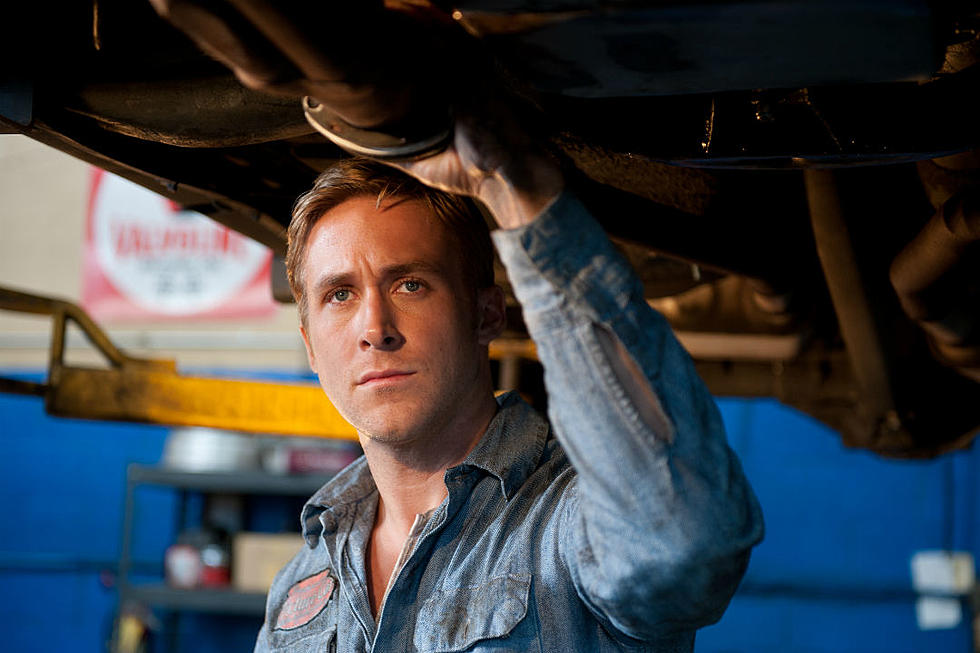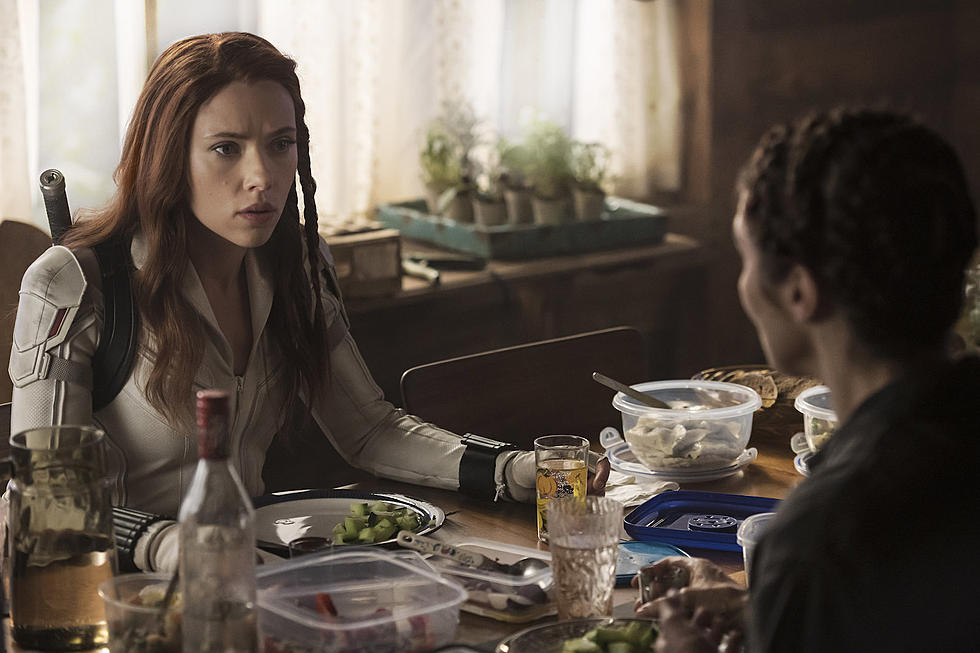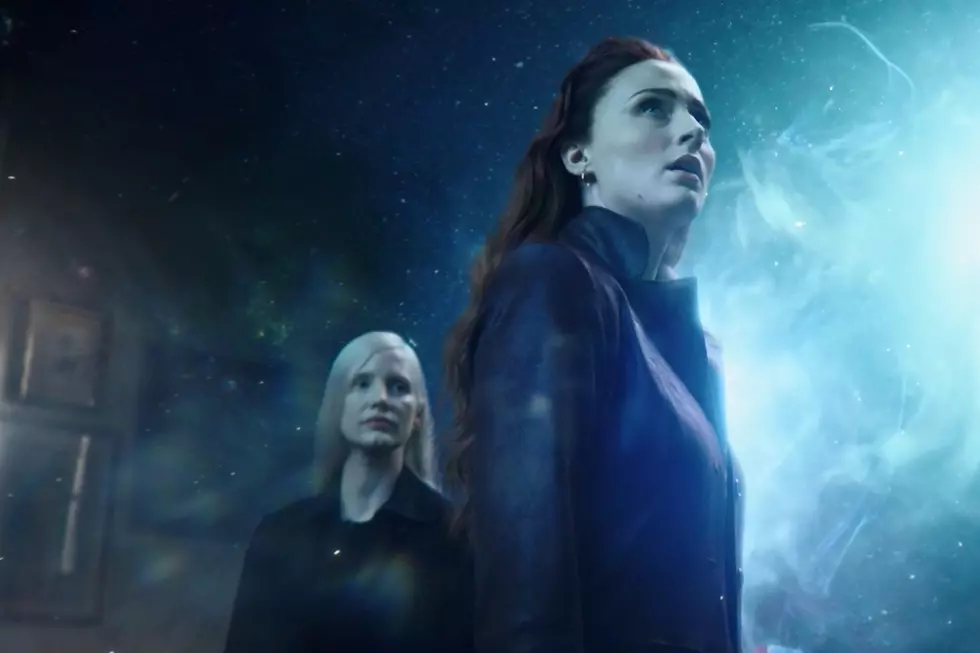
‘The Light Between Oceans’ Review: Alicia Vikander and Michael Fassbender Star in a Heartbreaking Drama
Derek Cianfrance’s The Light Between Oceans might be the most heartbreaking movie of the year. The latest film from Cianfrance (Blue Valentine, The Place Beyond the Pines) looks at the many sides of grief and guilt, and how one person’s joy may come at the expense of another’s pain.
Written by Cianfrance and adapted from M.L. Stedman’s 2012 novel of the same name, The Light Between Oceans follows Michael Fassbender’s Tom Sherbourne, a taciturn WWI veteran seeking solace as a lighthouse keeper off the coast of Australia. When he meets the affectionate Isabel (Alicia Vikander), the two get married and attempt to start a family. After complications, the couple begins to give up hope of having a child until one day they find a baby washed ashore. Desperate to become a mother, Isabel convinces Tom to keep the baby. He buries the body of the man found in the boat with the child and and they tell their friends and family baby Lucy is their own.
The real complication at the center of The Light Between Oceans comes when Tom sees a woman, Hannah Roennfeldt (Rachel Weisz), crying over a gravestone outside Lucy’s christening. After learning she recently lost her infant daughter and husband at sea, Tom realizes that his Lucy is actually her daughter, Grace Ronnenfeldt. Racked with guilt, Tom slips a note into Hannah’s mailbox to tell her the baby is alive before heading back to his remote island. Was it noble, or a selfish act? That’s just the beginning of the many questions Cianfrance’s film begins to peel back about the pain caused to us, and by us.
What’s most powerful about The Light Between Oceans is that it isn’t just a story of loss from one perspective. Tom’s suffering is one of containment, holding his pain in his eyes and chest, as if repressing his guilt along with his breath. As Isabel, Vikander’s emotional breakdowns are closer to a full-body experience. She shakily erupts in tears and flings her body as if wishing to expel her agony from her limbs. It’s a riveting performance and serves as a suitable compliment to Fassbender’s stoicism.
And then there’s Weisz, who is excellent as Hannah. In one of the film’s best scenes Weisz struggles to stay composed when she meets Tom and Isabel, looking into Lucy’s eyes and almost recognizing her as her own child. It’s such a potent intersection of the film’s painful, complex emotions. While Vikander and Fassbender give the more obviously Oscar-worthy performances, Weisz is clearly the film’s MVP.
The Light Between Oceans is a master class of poignant acting thanks to Cianfrance’s ability to pull such raw performances out of his cast. Just as he uses his unorthodox methods with Ryan Gosling and Michelle Williams in Blue Valentine, Cianfrance also uses his immersive, watchful directing style here. Vikander and Fassbender, a couple in real life, met on The Light Between Oceans and you can literally watch them falling in love in the movie. We spend a the first third of the film with them giggling on a porch, twirling each other’s hair on a sun-drenched blanket, and kissing on the beach at sunset. Their chemistry feels authentic and it makes the characters’ eventual tragedies all the more palpable and distressing. Cianfrance also brings out the talent of the delightful Florence Clery as the young Lucy, who steals scenes out from under her older co-stars.
As much as Cianfrance captures a raw emotionalism with his actors in The Light Between Oceans, his reliance on scenery shots dampens the power of the narrative. The two-hour-plus film is filled with wide shots of open landscapes, crashing waves, and hushed snapshots of nature. They’re gorgeous and initially help establish the patient aura of the film, but at a certain point turn tedious and repetitive. The distant, picturesque shots feel stripped of humanity, and ultimately create a disconnect from the intimacy he captures with his actors.
In The Light Between Oceans there are no easy answers, no wrongdoers or heroes. The filmmaker empathizes with each of his characters through their heartbreak, raising difficult questions about mourning, parenting and betrayal. The film will be remembered for its performances, but it should also be remembered for its messy, realistic examination of the complicated decisions we’re faced with in life.
More From ScreenCrush
